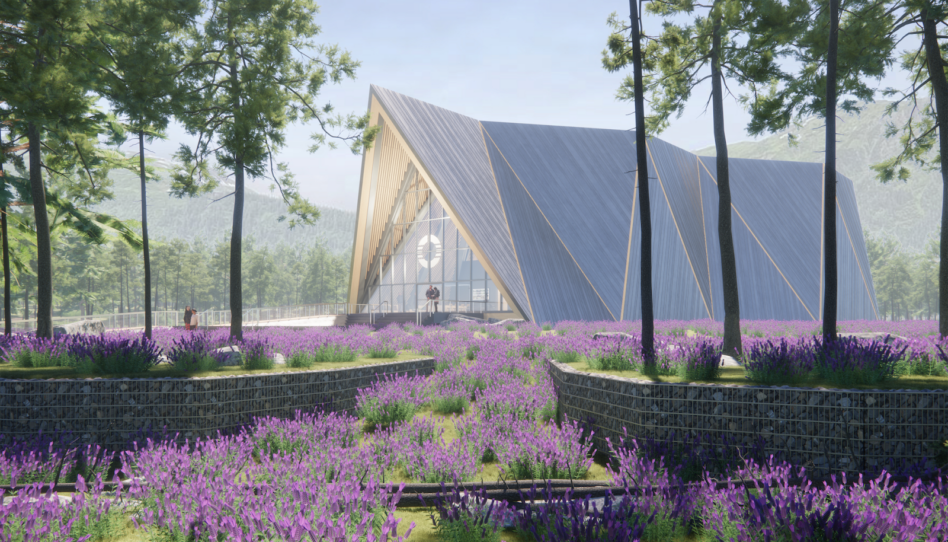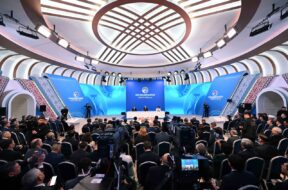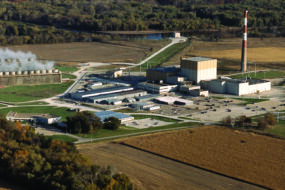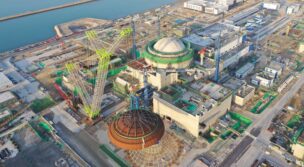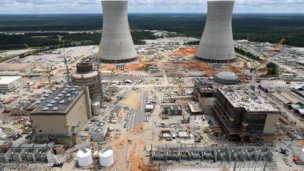Oklo, the nuclear fission startup backed by OpenAI CEO Sam Altman, is one step closer to bringing its fast fission technology to market.
In collaboration with Argonne National Laboratory, and with funding from the Department of Energy (DOE), Oklo is entering the final phase of testing to support the commercialization of its Aurora powerhouses.
That’s so metal: Oklo and Argonne are utilizing a facility called THETA that simulates the heat transfer process in a liquid metal-cooled fast neutron reactor.
- Fast neutron reactors, the type Oklo employs, use high-energy neutrons to achieve more efficient power generation than conventional reactors.
- Oklo CEO Jacob DeWitte argues liquid metal is inherently safer than water-based coolants used by the majority of plants today.
New nuclear: DeWitte has said he envisions the company’s Aurora microreactors fitting seamlessly in urban landscapes, reinvigorating the communities surrounding the site.
- Pitched as next-generation and with a chic design, Aurora looks a lot different than traditional industrial-size nuclear plants.
- Oklo says its microreactors can produce 15 MW of power, operate for 10 years before refueling, and recycle nuclear waste into new fuel.
Fast at work: Oklo has made progress toward its goal of operating a commercial advanced fission power plant in the US.
- Last month, Oklo announced that it had signed land-purchase agreements to build two powerhouses in southern Ohio.
- In January, the company received DOE approval of its safety design strategy for a planned facility at Idaho National Laboratory, where Oklo will demonstrate its nuclear waste recycling capability.
- However, Oklo reportedly doesn’t plan to deploy its first commercial reactor until at least 2026.
OK, Oklo: Last summer, Sam Altman, who sits on Oklo’s board, drove a deal to merge the company with his SPAC, AltC Acquisition, which valued the combined company at up to $1.4B.
As Altman told The Wall Street Journal, “AI systems of the future will need tremendous amounts of energy and this fission and fusion can help deliver them.”
